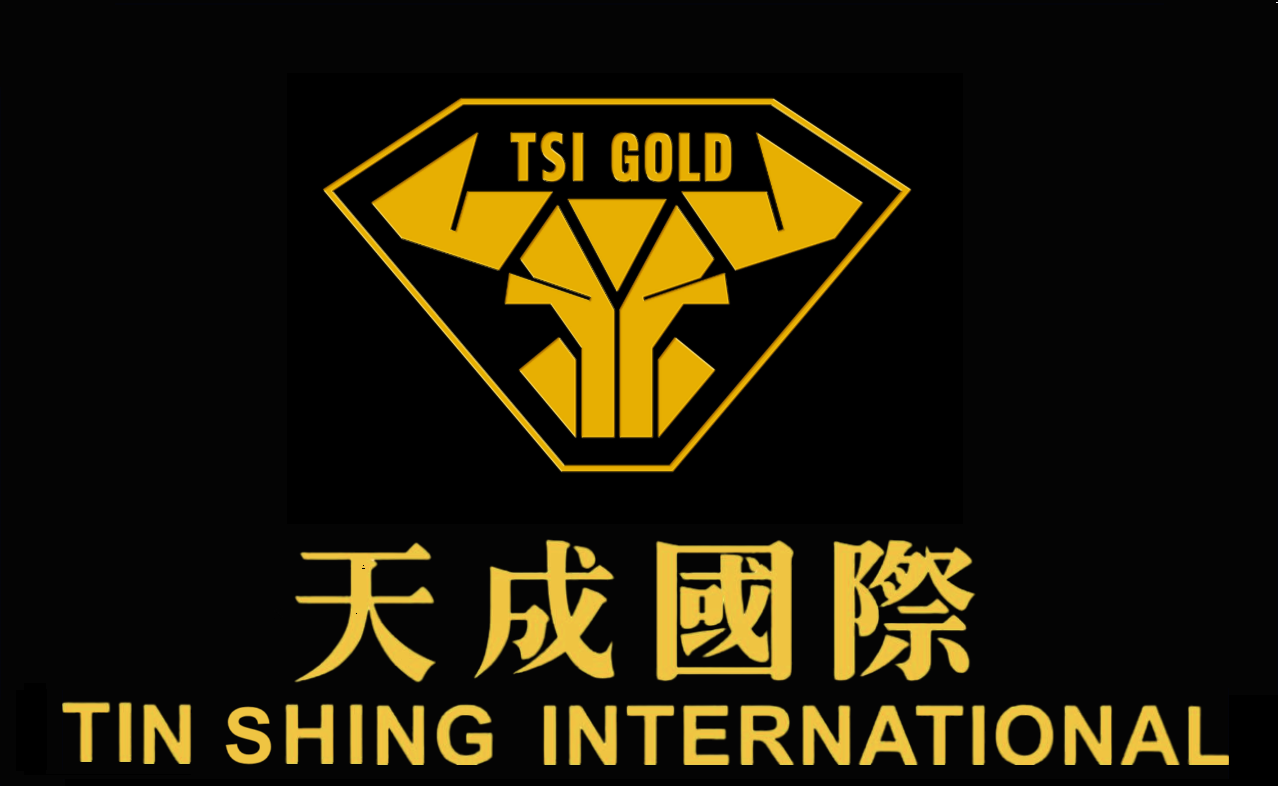(1) Precious Metals Trading
Trading precious metals carries a high level of risk. The initial margin amount can be relatively small compared to the price of the precious metal, which makes the trade leveraged. Even relatively small changes in the market can have a relatively large impact on the amount of money a client has deposited or will deposit. If the market moves against the Client or the margin level is increased, the Client may not be able to make timely margin calls to maintain the Client's position and may be forced to close the position at a loss, for which the Client will be liable.(2) Orders or Strategies for Reducing Risk
Orders placed to limit losses to a specific amount (e.g., stop-loss orders, or stop-limit orders) may not be filled or may not be executed. If the order is a stop-limit order, there is no guarantee that the order will be executed or executed at the limit. Some strategies that use position combining, such as spread or parity knockouts may have the same risks as simply taking long or short positions.(3) Trading Facilities
Most open outcry and electronic trading facilities utilize computer-based systems for the transmission, execution, matching, registration and clearing of orders. Like all facilities and systems, they are susceptible to temporary failures. Clients' ability to recover certain losses may be subject to limited liability set by the system provider, the market, the clearing house and/or the member firm. These limited liabilities may vary.
(4) Electronic Trading
Trading through an electronic trading system may differ not only from trading on the open outcry market but also from trading on other electronic systems. If a Client engages in trading through an electronic system, the Client will be exposed to the risks associated with that system, including hardware and software failure. A system failure may make it difficult or impossible to execute the Client's orders in accordance with the Client's instructions.
(5) Exchange off-exchange trading
In some jurisdictions, and only in limited circumstances, firms may be permitted to conduct off-exchange transactions. The firm trading for the client may be the client's counterparty. Tian Cheng International Precious Metal Limited is the client's direct counterparty in many precious metals transactions. Ltd. ; Tian Cheng International Precious Metal Limited has the rights to refuse to accept or guarantee any order. So leveling out existing positions, assessing value, determining a fair price or assessing risk may be difficult or impossible. For these reasons, trading may involve greater risk. Off-exchange trading may be subject to less regulation or may be governed by a different regulatory system. Clients should be aware of the applicable regulations and accompanying risks before commencing a transaction.
(6) Trading in other jurisdictions
Trading on markets in other jurisdictions (including markets formally connected to the local market) may expose clients to additional risks. Under the rules of those markets, investor protection may be different or may even be reduced. The Client should inquire about any regulations relating to the Client's trading before commencing trading. The Client's local regulator will not be able to enforce the requirements of the regulatory authorities or markets in other jurisdictions where the Client trades. Clients should identify and understand the remedies available to them in their own and other jurisdictions before trading.
(7) Terms and Conditions of Trading Precious Metals
The Client must inquire about the terms and conditions of trading precious metals and the related obligations.
(8) Suspension or Restriction of Trading in Relation to Pricing
Market conditions (e.g., liquidity) and, or regulations governing the operation of certain markets (e.g., the suspension of trading in any precious metal due to price restrictions or market closures), may increase the risk of loss as it becomes difficult or impossible to complete trades or liquidate or hedge positions. Further, the normal price relationship between the Underlying and the Precious Metals may no longer exist and the lack of a reference price for the Underlying makes ;fair; prices difficult to determine.
(9) Trading Commissions and Other Fees
The Client should be aware of all commissions, fees and other charges that the Client will pay before commencing trading. These charges will affect any profit the Client may have or increase the Client's losses.
(10) Deposited cash and property
Clients must familiarize themselves with the various safeguards available to them in respect of money and property deposited by them for the purpose of carrying out local or foreign transactions, particularly in the event of insolvency or bankruptcy of the firm. The extent to which a client can recover cash and property is governed by specific legislation or local rules. In some jurisdictions, property specifically labeled as the client's property is distributed pro rata with the cash in the event of a liquidation deficit.
Customer Notice
This agreement is legally binding, so please review it carefully.
This legal contract is entered into by “Tiancheng International Precious Metals Company Limited” (hereinafter referred to as “Tiancheng International”); a company incorporated under the laws of the Hong Kong Special Administrative Region with limited liability, and its successors or assigns, and the contracting parties to this document (hereinafter referred to as “Client”). In connection with the opening of an account with “Tiancheng International” for the purpose of engaging in speculation and or the purchase, and/or sale of spot precious metals through the Precious Metals OTC OTC Market (hereinafter collectively referred to as “OTCGOLD”), the Client acknowledges that it has understood the factors set out below in relation to leveraged OTCGOLD trading, and the Risk Disclosure Statement provided to the Client.
(1) OTCGOLD trading is only suitable for professional organizations or persons whose financial capacity can withstand losses that may far exceed the value of the margin or deposit.
(2) OTCGOLD business is not traded in an organized market, so there is no need for public outcry.
(3) Although many computer-based systems provide both quoted and actual prices, the two may differ due to market illiquidity. Many electronic trading facilities are supported by computer-based systems for ordering, executing, and matching trades. Like all facilities and systems, they are susceptible to temporary failures. A client's ability to recover certain losses may be limited by the limits of liability set by the system provider, the market bank and/or the financial institution. These limits may vary.
(4) In the OTCGOLD market, firms do not just trade over-the-counter. The firm that trades for the client, TCI, may be the counterparty to the client's trades. It is possible (in such cases) that closing out a position, assessing value, determining fair value or evaluating risk exposure may be difficult or impossible. For these reasons, such transactions may involve greater risk. OTC trading may be subject to less regulation or may be subject to a different regulatory regime. Clients should be aware of the applicable regulations and accompanying risks before commencing trading.
(5) No one can guarantee the creditworthiness of a client's counterparty. TCI will endeavor to trade only with reputable institutions and clearing houses. In addition, there is a possibility that a decrease in trading liquidity may cause a halt in precious metals trading, which may prevent the liquidation of unfavorable positions, which may result in considerable financial loss.
(6) The Client confirms that the purchase or sale of Precious Metals includes delivery and that each spot transaction is credited to the Client's account.
(6) The Client does subscribe to buy or sell Precious Metals including delivery.
(7) TCI's margin policy, as well as the policy of the institution/clearing house that executes the transaction, may require the Client to provide additional funds in order to maintain his margin account, and the Client is obliged to meet such margin requirements. Failure to do so may result in liquidation of the position and consequential losses. TSCI also reserves the right to refuse to accept orders or to provide market hedging.
(8) Trading on an electronic trading system may differ not only from trading in the interbank market but also from trading in other electronic systems. If a Client engages in trading on an electronic market, the Client will be exposed to the risks associated with that system, including hardware and software failure. A system failure may make it difficult or impossible to execute the Client's orders in accordance with the Client's instructions.


